See Adorable Jumping Gobies at Arao’s Tidal Flat & Wetland Center
Join Miyata on a stroll through the Arao Tidal Flat & Wetland Center, where he uncovers the eclectic mix of sea creatures and birds that call this place home. Just a short walk from Minami-Arao Station, discover the area's natural beauty and the unexpected joys of exploring local wildlife through his eyes.

Hello! I’m Miyata, a big fan of cats and good meals.
Today, I’m excited to share some highlights from my visit to the Arao Tidal Flats and the Arao Tidal Flat Waterfowl and Wetland Center! ( ¯꒳¯ )b✧
At the center, I encountered some adorable creatures that I can’t wait to tell you about ⸜( •⌄• )⸝
I’ll provide details on how to get to the center at the end of this article.

The Arao Tidal Flats were registered on July 3, 2012, as a Ramsar Wetland (officially recognized under the Convention on Wetlands of International Importance). This proud moment for Arao coincided with the registration of the Miike Coal Mine Manda Pit as a World Heritage site. ( ¯꒳¯ )b✧
For more details on the Ramsar Convention, please see this PDF: Ministry of the Environment: Arao Tidal Flat Ramsar Site
The Arao Tidal Flat not only serves as a stopover and resting place for migratory birds traveling between breeding grounds in the Northern Hemisphere and wintering grounds in the Southern Hemisphere, but it’s also an oasis for non-migratory birds.
Having spent eight years in inland China, far from any sea, returning to my hometown’s coastal areas has been incredibly therapeutic for me.
Visiting the tidal flats, I was able to observe various species of birds. Birds are often considered indicators of environmental health, and a rich environment typically supports a diverse bird population. (Putting my learning from the center to good use here!)
In addition to shorebirds and plovers, which are migratory, the Arao Tidal Flat attracts a variety of other bird species including turtles and ducks. Although not migratory, I also spotted a Grey Heron.

The tidal flat is a vital oasis for these birds, and interestingly, about 40% of Japan’s tidal flats are located in the Ariake Sea.
And did you know? Kumamoto Prefecture has the highest number of tidal flats in Japan, a fact I was surprised to learn myself! The “Arao Tidal Flat Waterfowl and Wetland Center” offers a great opportunity to learn more about the first site in Kumamoto Prefecture to be registered.
There’s parking available near the center.

Admission: Free
Opening Hours: 9:00 AM to 5:00 PM
Closed: Mondays, New Year holidays (if Monday is a public holiday, the center will close the following day)

The center boasts an open feel with windows that look out onto the tidal flat, providing a direct connection to the natural environment. Inside, there are educational exhibits about the tidal flat, offering visitors the opportunity to learn about this unique ecosystem.
The center is divided into six main zones, and you can tour the entire facility leisurely in about 30 minutes. A highlight is the “Nature Zone,” which focuses on migratory birds and other creatures of the tidal flat.

Alongside an array of tanks, I, Miyata, a resident here for over 30 years, saw creatures up close that I had never encountered before! Even creatures that are usually shy and tend to hide in the tidal flat can be observed closely here.

It’s a rare treat to see gobies this close up, and even more unusual to see them from underneath.

Anemones clinging to hermit crab shells can be found here, some even attached to claws, which is quite rare. In addition to these, you can also see mudskippers, fiddler crabs, and other fish representative of the Ariake Sea. But the creature that stole the most time from my visit was the climbing goby! Watching it move its fins in a hopping motion as it climbed was utterly adorable! (ㅅ´ ˘ `)♡
Don’t you just feel like cheering it on?
At the Arao Tidal Flat & Wetland Center, guided tours, lectures, and biological observation activities are also offered for groups, making it an ideal destination for educational trips. (Advance reservations are required.)
After visiting the center, I also recommend taking a walk to the tidal flat itself. You can capture scenes reminiscent of paintings as paths stretch into the sea.

The tidal range at Arao Tidal Flat is about 6 meters; when the tide recedes, it exposes the tidal flat several kilometers from the shore. The seabed is firm enough for walking, making it an excellent playground for children. (There are washing facilities at the center, so no worries about getting muddy!)
Walking along the beach, you will come across ‘kaishoro’ (海床路)—paths made of gravel and other materials that extend out to sea. When the tide is out, these paths allow you to walk far offshore. It’s incredibly peaceful at the end of the path, offering a chance to experience something out of the ordinary.

The tidal flat is also beautiful when the tide is in. Being an inland sea, the waves are gentle, allowing for picturesque photography. With fewer people around, it’s a great way to avoid crowds. Walking along the coastline is highly recommended, with several photogenic spots along the way.

The changing faces of Arao Tidal Flat with the tides are a must-see. Be sure to experience both the high and low tides! You can check the tidal schedules for Arao Tidal Flat here: Arao Tidal Flat Tide Chart
Farther out, you might also spot crabs and other tidal flat creatures. They often hide at any disturbance, but if you stay still, they will reveal themselves. In the tidal flat, you’ll frequently see crabs. Their burrowing helps till the soil, enriching it.

Bamboo poles, used for fishing and seaweed farming, stand throughout the tidal flat, adding to the distinctive landscape of the Ariake Sea.

Here is the location on Google Maps, including directions from Minami Arao Station.
Please visit the Arao Tidal Flat and find your own way to enjoy it, and don’t forget to let me know about your experience!
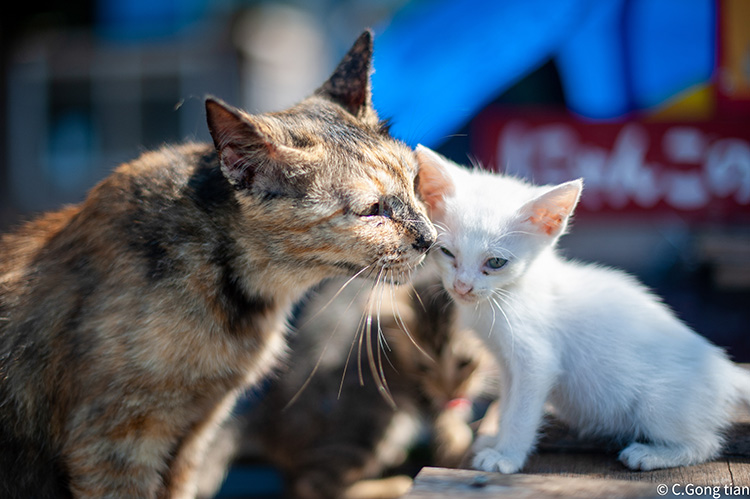

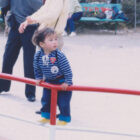
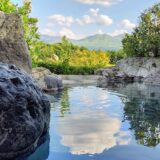
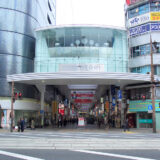




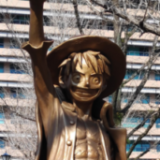



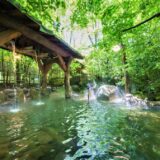

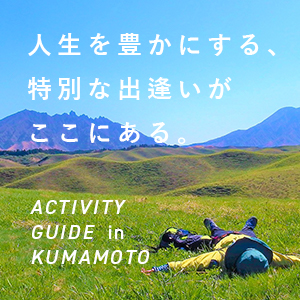


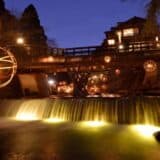





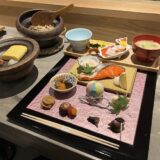



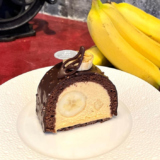

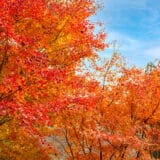

If you would like to comment, please do so below.